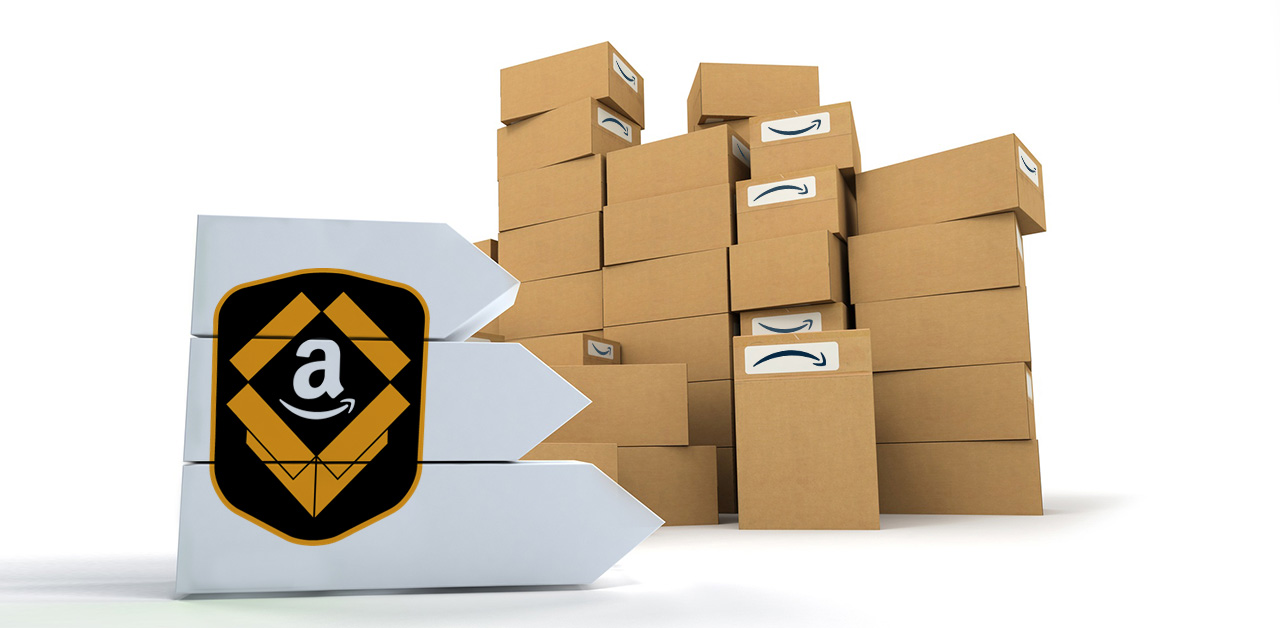Amazon Wants Sellers to Optimize Warehouse Space
Amazon will impose stricter storage limits on sellers who use Fulfillment by Amazon in January.
The reason for the policy change is the company’s push for faster delivery – specifically, transitioning Prime Free Shipping from two days to one, reports ecommercebytes.
“While investing in our network, we need to manage our storage space so that we can continue delighting customers with products they love at faster delivery speeds,” Amazon said.
The FBA policy “stick” comes with a “carrot” in the form of a promotion to help certain sellers who wish to remove inventory; it runs only through the end of October.
The crux of the announcement: “Effective January 1, 2020, we are changing the IPI threshold for storage limits to 400 (previously 350).”
IPI stands for Inventory Performance Index, “a single metric to gauge your overall performance over time.”
Amazon explained that sellers with IPI scores below 400 the week of December 23, 2019 would have storage limits imposed for the first quarter of 2020; sellers who maintain an IPI score of 400 or greater would have unlimited storage for standard size and oversize items (monthly storage fees and long-term storage fees still apply).
More Amazon news

China insists on the removal of existing US tariffs
US-China Trade Deal Beijing’s top priority in the trade deal with the United States is the removal of existing tariffs on Chinese goods “Sources with direct knowledge of the trade talks told the Global Times on Saturday that the U.S. must remove existing...

Amazon is going to need a lot of robots
Amazon wants to ship you anything in 30 minutes Analysts predict that Amazon will try to add robots and automation to its entire operation. It is inevitable given Amazon's focus on efficiency and pleasing customers. Amazon is burning through billions to...

Former Amazon executive on the 5-star rating system
Amazon rating system developers ended up being too protective of it According to the former Amazon executive, the online ratings and reviews model was a good solution at first, but the team ended up being too protective of it. Dan Lewis spent many years at...


